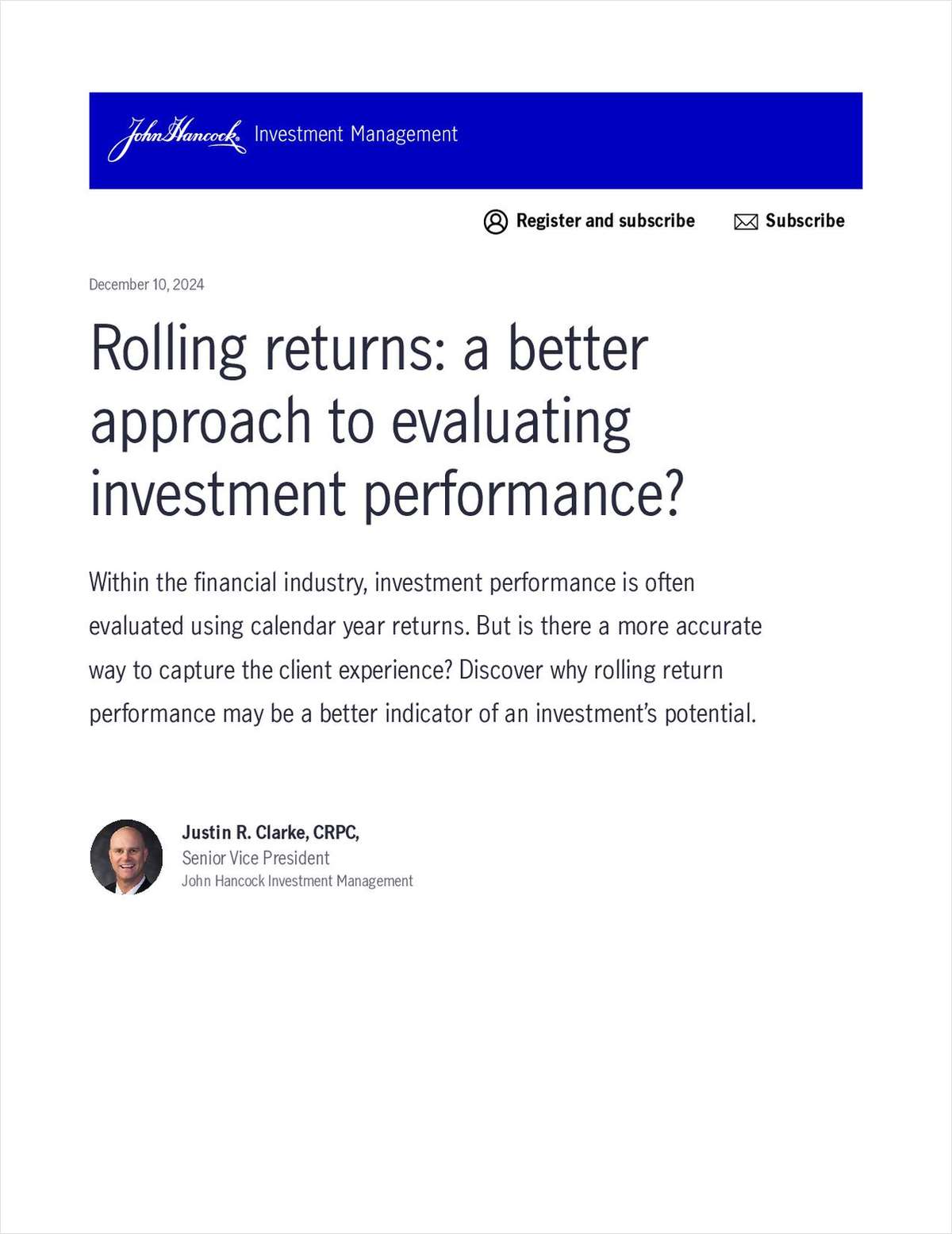
NOT FOR REPRINT
Overcoming Objections: What Part of "No" Don't You Understand?
November 13, 2013 at 10:00 AM
Share & Print
NOT FOR REPRINT
© 2025 ALM Global, LLC, All Rights Reserved. Request academic re-use from www.copyright.com. All other uses, submit a request to [email protected]. For more information visit Asset & Logo Licensing.







